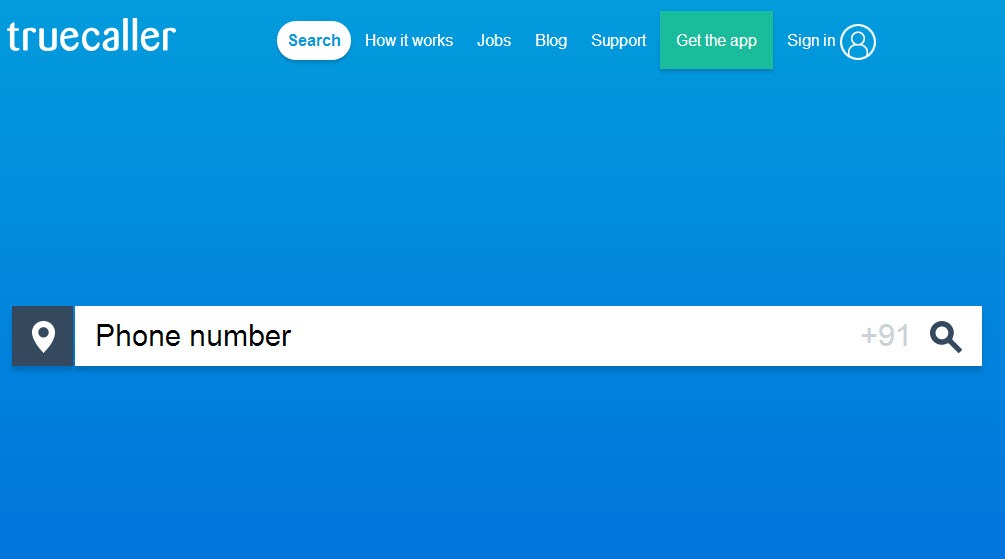Microsoft has disclosed a potentially catastrophic vulnerability in virtually all versions of Windows. People operating Windows systems, particularly those who run websites, should immediately install a patch Microsoft released Tuesday morning.
The vulnerability resides in the Microsoft secure channel (schannel) security component that implements the secure sockets layer and transport layer security (TLS) protocols, according to aMicrosoft advisory. A failure to properly filter specially formed packets makes it possible for attackers to execute attack code of their choosing by sending malicious traffic to a Windows-based server.
While the advisory makes reference to vulnerabilities targeting Windows servers, the vulnerability is rated critical for client and server versions of Windows alike, an indication the remote-code bug may threaten Windows desktops and laptop users as well. Amol Sarwate, director of engineering at Qualys, told Ars the flaw leaves client machines open if users run software that monitors Internet ports and accepts encrypted connections.
“If they install software that listens on port, then that machine would be vulnerable,” he said. An example would be “if they run Windows 7 but install an FTP server on it that accepts connections from outside, or a Web server on a client.”
Tuesday’s disclosure means that every major TLS stack—including Apple SecureTransport,GNUTLS, OpenSSL, NSS, and now Microsoft SChannel—has had a severe vulnerability this year. In some cases, the flaws merely allowed attackers to bypass encryption protections, while others—most notably the Heartbleed bug in OpenSSL and the one patched Tuesday in Windows, allowed adversaries to steal highly sensitive data and execute malicious code on vulnerable systems respectively.
Microsoft’s advisory said there are no mitigating factors and no workarounds for the bug. A separate exploitation index assessed real-world attacks as “likely” for both newer and older Windows releases. The advisory said there is no evidence pointing to in-the-wild exploits against Windows users at the time it was drafted. MS14-066 was one of 16 updates Microsoft scheduled for this month’s Patch Tuesday batch. They include a fix for a zero-day vulnerability already under attack in highly targeted espionage attacks.
It took less than 12 hours after the disclosure of the catastrophic Heartbleed bug for it to be turned against Yahoo and other sites. Anyone who uses a Windows computer—especially if it runs a Web or e-mail server—should ensure Tuesday’s update is installed immediately.
via arstechnica.com



